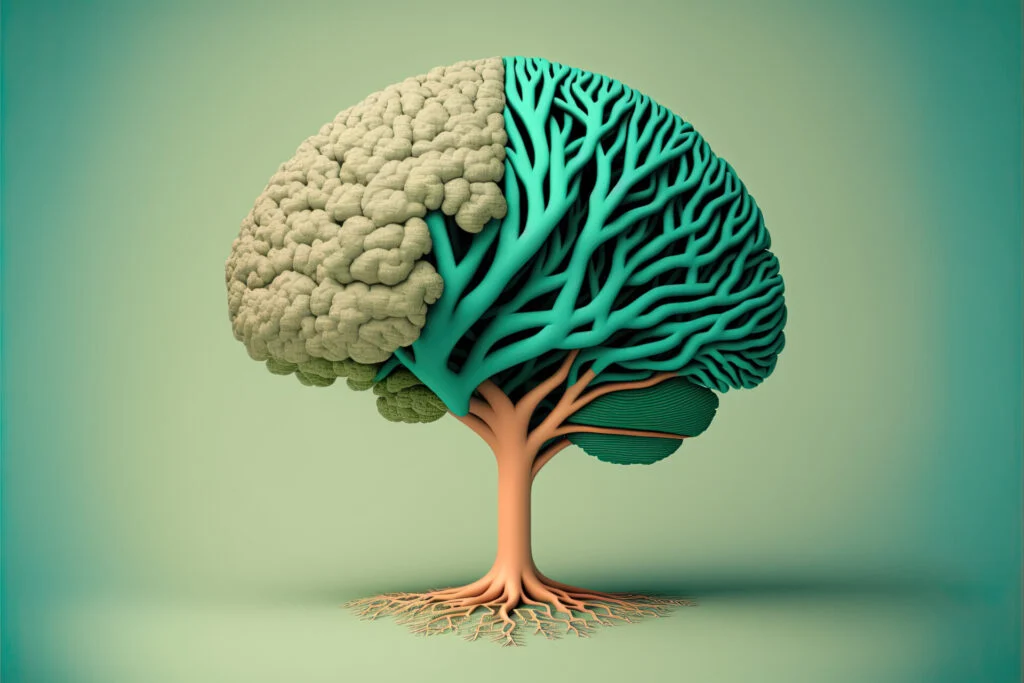Introduction
In a world increasingly driven by technological advancements and rapid change, emotional intelligence has emerged as a crucial skill set for personal and professional success. Often overshadowed by intellectual abilities, emotional intelligence, or EQ, holds the key to unlocking our true potential, forming meaningful relationships, and navigating life’s complexities with grace and resilience. In this comprehensive article, we delve deep into the fascinating realm of emotional intelligence, exploring its definition, components, benefits, and practical strategies for enhancing this vital skill.
Defining Emotional Intelligence
It can be described as the capacity to understand, manage, and effectively utilize emotions—both our own and those of others. Coined by psychologists Peter Salovey and John Mayer, and popularized by Daniel Goleman’s groundbreaking work, EQ encompasses a range of competencies that enable individuals to recognize and regulate emotions, empathize with others, and utilize emotional information to guide thoughts and actions.
The Components of Emotional Intelligence
- Self-Awareness
Self-awareness forms the foundation of EQ. It involves the ability to recognize and understand our own emotions, strengths, weaknesses, and triggers. By cultivating self-awareness, we gain insights into our thought patterns, motivations, and behaviors, empowering us to make conscious choices rather than being driven solely by instinct.
- Self Regulation
Self-regulation refers to the ability to manage and control our emotions effectively. It encompasses traits such as impulse control, adaptability, and resilience. By practicing self-regulation, we can respond to challenging situations with composure, make thoughtful decisions, and navigate conflicts constructively.
- Motivation
Motivation is the internal drive that fuels our pursuit of goals and aspirations. E.I nurtures intrinsic motivation, which goes beyond external rewards and embraces a genuine passion for personal growth, learning, and the pursuit of excellence. By aligning our goals with our values and cultivating a growth mindset, we can harness the power of emotional intelligence to propel us towards success.:
- Empathy
Empathy is the ability to understand and share the emotions of others. It involves actively listening, observing non-verbal cues, and adopting different perspectives. Developing empathy fosters compassion, strengthens relationships, and promotes effective communication, collaboration, and conflict resolution.
- Social Skills
Social skills encompass a wide range of abilities, including effective communication, teamwork, leadership, and networking. Emotional intelligence enhances our capacity to build and maintain meaningful relationships, navigate social dynamics, and inspire and influence others positively. Strong social skills facilitate collaboration, foster innovation, and create supportive environments in personal and professional settings.
The Benefits of Emotional Intelligence
- Improved Relationships
Emotional intelligence enhances our ability to connect with others authentically, fostering trust, empathy, and mutual understanding. By cultivating emotional intelligence, we can build healthier, more satisfying relationships with friends, family, colleagues, and romantic partners.
- Enhanced Communication
Effective communication lies at the heart of emotional intelligence. By developing our listening skills, recognizing non-verbal cues, and expressing ourselves clearly and assertively, we can communicate our thoughts and emotions more effectively, reducing misunderstandings and promoting harmonious interactions.
- Conflict Resolution
Emotional intelligence equips us with the tools to navigate conflicts constructively. By staying calm, managing our emotions, and actively listening to others, we can find common ground, explore win-win solutions, and maintain positive relationships even in challenging situations.
- Leadership and Influence
Leadership requires more than technical expertise; it EQ. Leaders who possess high EQ can inspire, motivate, and empower their teams. They foster a positive work culture, resolve conflicts efficiently, and adapt to changing circumstances, driving organizational success.
- Personal Well-being and Resilience
Emotional intelligence plays a vital role in promoting personal well-being and resilience. By understanding and managing our emotions, we can cultivate a positive mindset, cope with stress effectively, and bounce back from setbacks, fostering mental and emotional well-being.
Strategies to Develop Emotional Intelligence
1.Practice Mindfulness:
Mindfulness cultivates self-awareness and enables us to observe our thoughts and emotions without judgment. Regular mindfulness meditation or breathing exercises can help calm the mind, improve focus, and develop emotional resilience.
2. Reflect and Journal:
Allocate time for self-reflection and journaling to explore your emotions, experiences, and triggers. This practice enhances self-awareness, facilitates introspection, and promotes personal growth.
3. Seek Feedback:
Invite constructive feedback from trusted individuals to gain insights into your blind spots and areas for improvement. Embrace feedback with an open mind, fostering self-awareness and growth.
4. Cultivate Empathy:
Engage in active listening, seek to understand others’ perspectives, and practice empathy in your interactions. Engaging in acts of kindness and volunteering can also deepen empathy and compassion.
5. Continuous Learning:
Invest in learning resources such as books, workshops, and online courses to deepen your understanding of emotional intelligence. Regularly seek opportunities to refine and develop your EQ skills.
Conclusion
Emotional intelligence is a powerful tool that unlocks the door to success, fulfillment, and harmonious relationships. By cultivating self-awareness, self-regulation, empathy, motivation, and social skills, we can enhance our emotional intelligence and navigate life’s challenges with wisdom and resilience. By prioritizing the development of emotional intelligence, we embark on a transformative journey towards personal growth, authentic connections, and a more meaningful and satisfying life. So, let us embrace the power of EQ and embark on this exciting path of self-discovery and self-mastery.
Follow us on Twitter and Facebook for more content.
JOIN OUR WHATSAPP GROUP
CLICK HERE FOR ENTERTAINMENT NEWS.
READ ALSO:
British (UK) Scholarships in 2023: Study For Free In The United Kingdom.
Apply Now: KNUST Opens Admissions for Undergraduate Top-Up Programmers in 2023
What to Know Before Coming to KNUST: A Guide for Prospective Students.

